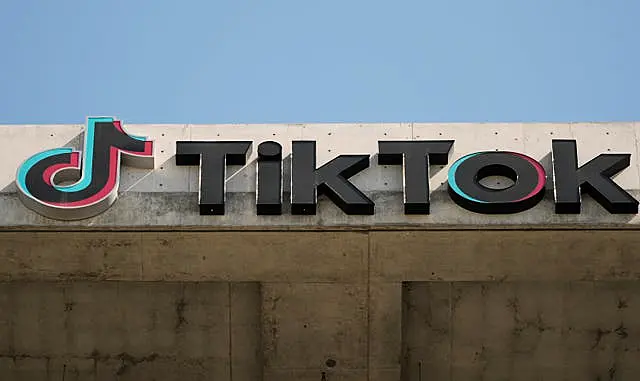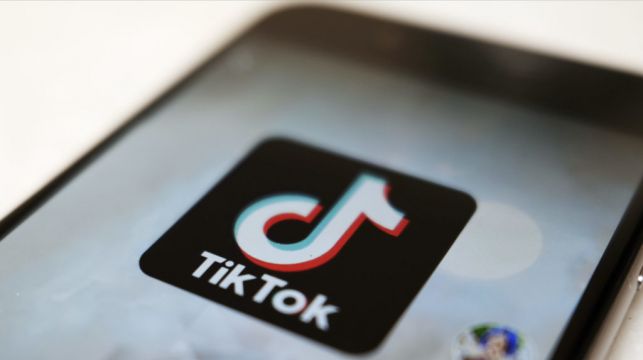The US House of Representatives has passed a Bill that would lead to a nationwide ban of the popular video app TikTok if its China-based owner does not sell.
US members of congress acted on concerns that the company’s current ownership structure is a national security threat.
The Bill, passed by a vote of 352-65, now goes to the senate, where its prospects are unclear.
TikTok, which has more than 150 million American users, is a wholly owned subsidiary of Chinese technology firm ByteDance.

The legislators contend that ByteDance is beholden to the Chinese government, which could demand access to the data of TikTok’s consumers in the US any time it wants.
The worry stems from a set of Chinese national security laws that compel organisations to assist with intelligence gathering.
Representative Cathy McMorris Rodgers said: “We have given TikTok a clear choice: separate from your parent company ByteDance, which is beholden to the CCP (the Chinese Communist Party), and remain operational in the United States, or side with the CCP and face the consequences. The choice is TikTok’s.”
House passage of the Bill is only the first step. The senate would also need to pass the measure for it to become law, and members of that chamber indicated it would undergo a thorough review.
Senate majority leader Chuck Schumer said he will have to consult with relevant committee chairs to determine the Bill’s path.
I’m voting NO on the TikTok forced sale bill.
This bill was incredibly rushed, from committee to vote in 4 days, with little explanation.
There are serious antitrust and privacy questions here, and any national security concerns should be laid out to the public prior to a vote.— Alexandria Ocasio-Cortez (@AOC) March 13, 2024
US president Joe Biden has said if congress passes the measure, he will sign it.
The House vote is poised to open a new front in the long-running feud between legislators and the tech industry.
Members of US congress have long been critical of tech platforms and their expansive influence, often clashing with executives over industry practices.
But by targeting TikTok, representatives are singling out a platform popular with millions of people, many of whom skew younger, just months before the US presidential election this autumn.







